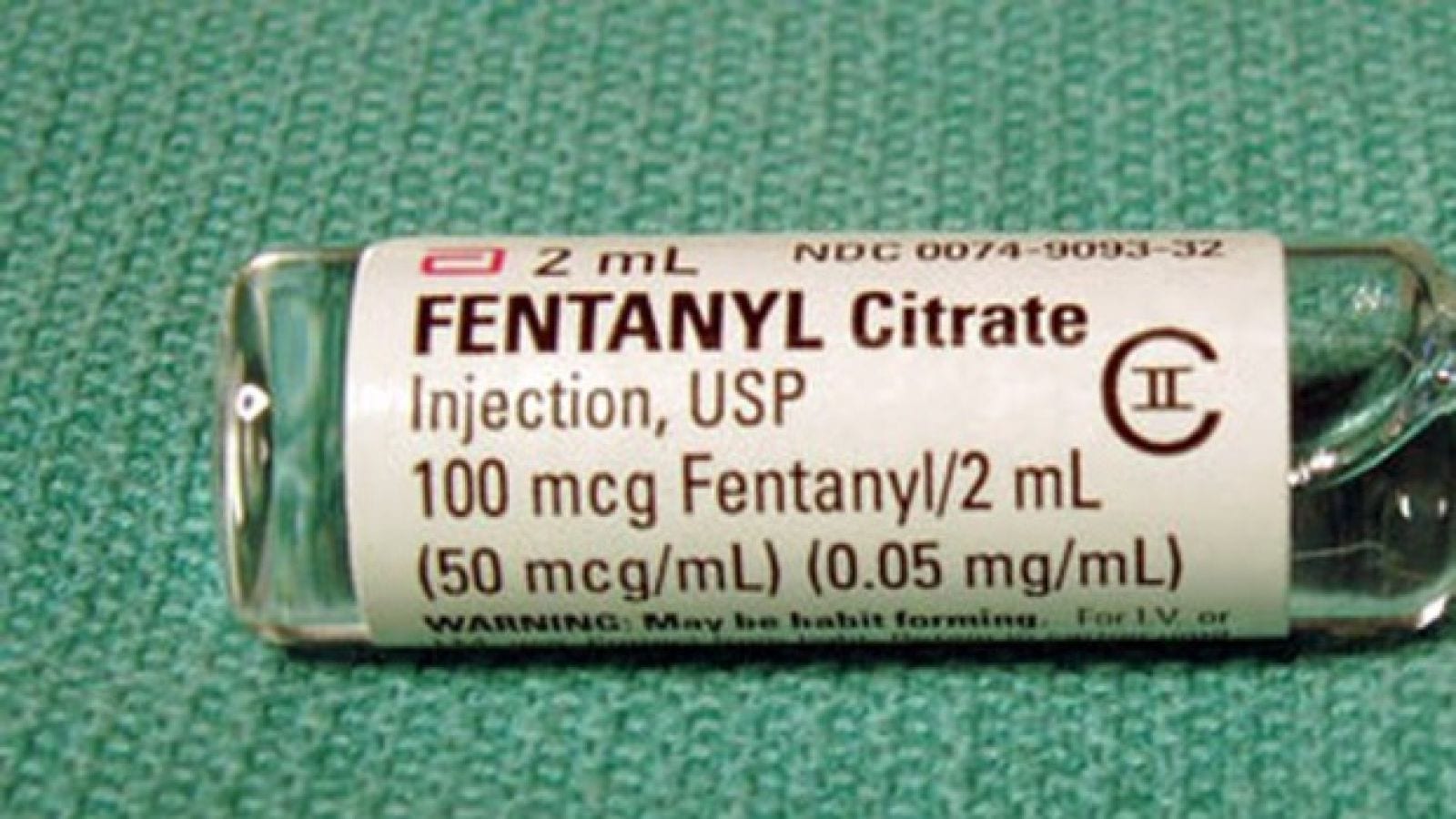Nevada Switching Up Its Lethal Injection Protocol
Drug manufacturing giant Pfizer recently ordered its distributors to discontinue sales of hydromorphone and midazolam to prisons for use in executions. So, Nevada officials decided they would need to come up with an alternative to carry out Scott Dozier’s execution. Dozier was convicted of the 2002 shooting and dismemberment of 22-year-old Jeremiah Miller and has been asking the state to end his life. However, the hold put on these commonly used drugs has caused him to walk the earth a little longer than he anticipated. State officials are hoping that switching up the protocol will finally give him the peace he’s been asking for.
State officials have announced they will now use fentanyl, a well-recognized opioid, in addition to the muscle relaxant cisatracurium and sedative diazepam. This combination, according to experts, has never before been used in lethal injection, although fentanyl has long been known to be the drug at the center of many overdoses.
Nevada Department of Corrections spokesperson, Brooke Keast, said that the full protocol the state will be switching to will be made public in the coming weeks. This information will include the order in which the drugs are administered, who will administer them and who will be able to witness the execution.

Several medical professionals say there is no obvious explanation for why the state is switching to fentanyl. “It doesn’t make much sense; you don’t need Valium if you have fentanyl,” said Susi Vassallo, a New York University professor of emergency medicine. Valium “makes you sleepy,” and can cause death in large doses, but fentanyl has largely the same effects.
Fentanyl can stop the heart, but it is short-acting and will need to be given in very large dosages to ensure the recipient doesn’t wake up. If the prisoner regains consciousness, the cisatracurium will potentially give him the sensation of being unable to breathe. “People who have recovered from it have said that they couldn’t breathe, and they knew they were suffocating,” Vassallo explained. “The paralytic is only going to disguise whether the fentanyl is being administered properly,” Vassallo added that it is because of these effects, the American College of Veterinarians forbids the use of paralytics when animals are euthanized.
“The fentanyl takes away the pain, and the Valium takes away anxiety. Both drugs are limited in their ability to do that, and of course, neither is designed to block the pain or anxiety of death. So that’s just a show,” said Emory University anesthesiologist Joel B. Zivot. “This is not actually science. It’s not actually medicine. It is a grotesque impersonation of those things.”
A hearing is scheduled for Sept. 11 for the state to give public defenders more information on the upcoming changes. Dozier himself doesn’t really care at this point if he experiences pain. He’s more than ready to just get things over with. “If they tell me, ‘Listen there’s a good chance it’s going to be a real miserable experience for you, for those few hours before you actually expire,’ I’m still gonna do it,” he said.
“Dozier could say it’s okay, but there would still be a public outcry,” Scott Coffee, a Clark County public defender, argued.


Join the conversation!